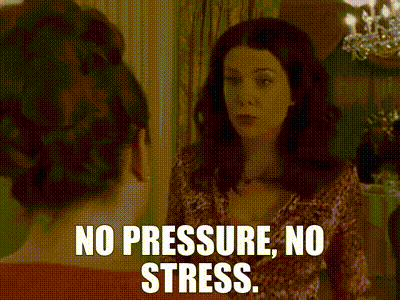Now that we’re in the month of November, many people who opted for a ‘Sober October’ will ditch the bottle and re-evaluate their alcohol consumption.

While becoming fully sober may sound daunting to some, due to habits or peer pressure from others, the experts at Private Rehab Clinic Delamere have revealed the benefits of stepping away from the booze and the impacts this has on your mental and physical health.
Sleep Patterns Improve

Alcohol is often used as a sleeping aid to help you drift off, but despite helping to relax you, drinking in excess can affect the quality and pattern of your sleep due to headaches, dehydration and the increased need to urinate.
When you give up or reduce your alcohol intake, you will often find that your quality of sleep will be better, without frequent interruptions. This in turn will mean you have more energy to spend on other activities instead of waking up feeling groggy after heavy drinking the night before.
Blood Pressure Reduces To Healthier Levels

Drinking in excess for a prolonged period of time can raise your blood pressure to unhealthy levels which could lead to more complicated health problems down the line.
Cutting down or abstaining from the booze for good will help lower your blood pressure to a much healthier level, and could even help reduce the risk of other health issues that are associated with high blood pressure and alcohol consumption, such as strokes, heart disease and chronic kidney disease.
Reduced Levels Of Anxiety And Depression

Alcohol is a rather deceiving depressant; while you may feel relaxed or excited during the time of consumption, alcohol actually has a significant impact on mental health.
Drinking alcohol, particularly heavy consumption, interferes with chemicals in the brain that maintain good mental health, meaning that after drinking, you may experience feelings of depression and anxiety, sometimes referred to as “beer fear” or “hang-xiety”.
By becoming sober curious, on the occasions you chose not to drink, levels of alcohol will no longer affect the balance of chemicals in our brain, meaning mental health can improve. If you rely on alcohol as a result of bad mental health, exercising or other forms of relaxation, such as yoga or meditation, are a great alternative for improving your mental health.
You May Lose Weight

One major issue that comes with drinking alcohol, is the number of calories it contains. Drinks such as beer and wine are particularly calorific, meaning that you are more likely to gain weight by drinking them too regularly.
By reducing the amount of alcohol you drink, or becoming fully sober, you may find you begin to lose weight, inevitably leading to added health benefits such as the reduction of high blood pressure.
Healthier Looking Skin

A minor benefit to cutting your alcohol intake is the look of your skin. Alcohol causes your body to become dehydrated more quickly, which can lead to dry and scaly skin when drunk in excess. Not only that, but consumption of sugary drinks like cocktails can also lead to outbreaks due to increased hormone levels.
Those who embark on their sober curious journey might notice spots or dry skin patches start to clear up when they don’t drink alcohol.
You’ll Feel Generally Better

Drinking in excess can often lead to feeling groggy, lethargic and generally unwell the next day because it interferes with the day-to-day functioning of the body.
During the periods that you choose not to drink, whether its occasional or for good, you may find that you have more energy to do things that you normally wouldn’t, like being more active or spending more time out of the house with friends.
If you find yourself craving an alcoholic beverage during your sobriety, perhaps opt for a soft drink or non-alcoholic version – you are guaranteed to feel better having slept well and waking up with no hangover.
More on health? Read these:










